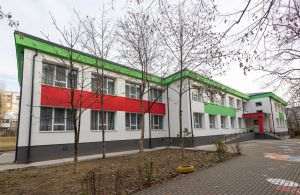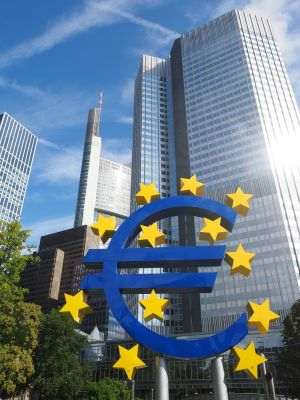The situation seems to be worsening in Greece, especially after an official of the European Central Bank warned that the European Union would not help Greece cut its deficit and public debt.
In spite of the tight connection between Romania and Greece, in light of the major investments made by Greece in the Romanian banking system, officials of the NBR maintain that Romania is not affected by the troubles of Greece any more than the rest of the EU countries.
"Greece is a member of the European Union, which means that whatever happens there has repercussions on all the countries of the EU. "It"s true that Romania has a special relationship with Greece, but Romanian banks are independent from their foreign counterparts", said Adrian Vasilescu, advisor to the governor of the NBR, for "Bursa".
According to him, Romanian banks with Greek majority stakes have a stable financial situation and are independent financially.
Adrian Vasilescu explained: "The parent banks operate in a different economic climate and only have to bear the shocks of their home country, and the same goes for Romania. Our entire banking system is solid".
Greek Finance Minister George Papaconstantinou said his government doesn"t need outside help to cut its budget deficit after a European Central Bank official earlier warned that such aid wouldn"t be forthcoming.
Financial analysts claim that the Romania may be affected by the negative outlook on Greece, which would lead to increased risk aversion among investors.
"Due to the country"s excessive level of debt and budget deficit, Greek banks will find it harder to access financing and will be indirectly affected", said Călin Rechea, who considers that we would see interest rate issues if Greek parent banks started taking moving funds from their Romanian branches in order to finance their deficits.
In September, Greek investors controlled 27% of the total equity of the banking system, even though they only control three of the five largest Romanian banks in terms of assets, thus ranking first, above Austrians. Only two Greek banks made the top ten in terms of assets.
Between September 2008 - September 2009, Greek investors were the most active in the banking system, injecting EUR 204 million in the domestic branches of Greek banks, according to data from the Trade Registry. Banks that received additional funding were "Bancpost" and "Banca Românească".
Dutch-based banks came second in terms of capital injections in their Romanian branches (Credit Europe and Garanti Bank), with a total amount of 108 million Euros. Austrian banks only invested 7 million Euros, in a share capital increase of "UniCredit Ţiriac Bank".



























































